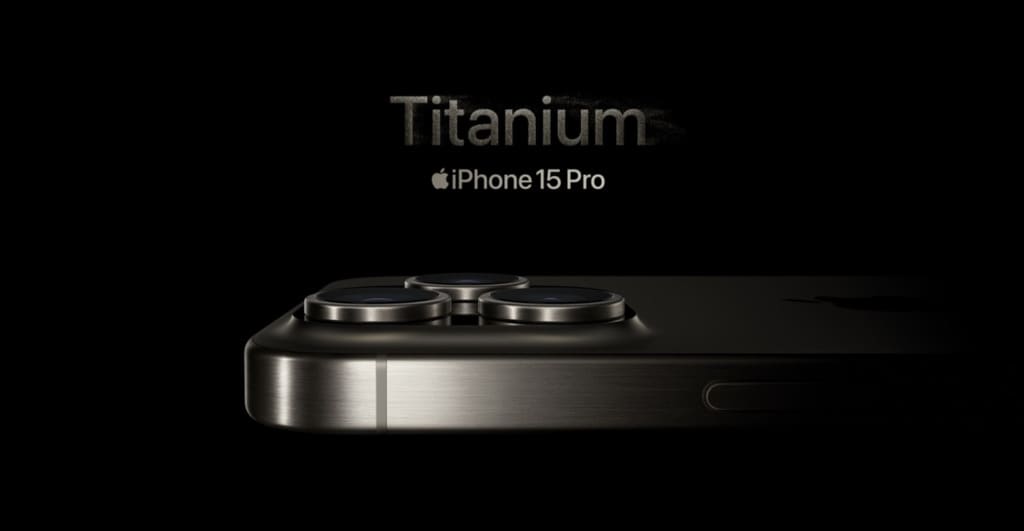Today’s technology is easier than ever to use, but some might say it’s harder than ever to understand. After all, the alphabet-soup of techy acronyms seems to change on a yearly basis. Whether it’s USB ports, HDMI cables, RAM, or CPUs, technology has a way of confusing us. Take WiFi vs. Bluetooth for example: both technologies are found in thousands of products and we know they connect our devices, but what are they exactly (and how are they different)? Here’s what you need to know about how these technologies work.
WiFi: a wireless connection to the Internet
If you have a home Internet connection or work remotely with a laptop, you’re most definitely familiar with the concept of WiFi. Simply put, WiFi is the radio technology that allows you to connect to the Internet via a mobile network, instead of being plugged into an Ethernet cable in the wall. This technology allows you to be online on the go. Thanks to its wide, far-reaching radio spectrum, WiFi connections can transfer large amounts of data over radio waves at high speeds. Although you’ll usually find this technology in phones, tablets, and computers, it’s increasingly becoming available in other connected devices like TVs, cars, and even some appliances.
If a device needs to wirelessly connect to the Internet and quickly load or transfer large amounts of data (think video streaming, or downloading large files), then WiFi is the technology of choice.
Bluetooth: a wireless link between devices
Bluetooth technology has been around for years, but it has really come into its own over the last decade. While WiFi is the wireless technology that connects devices to the Internet, Bluetooth is the wireless technology that helps devices talk to each other. Bluetooth connects wireless headphones to your smartphone, creates a phone connection in your car, and can even let your kids’ toys communicate with each other for fun new ways to play.
Bluetooth can’t send as much data across the airwaves as WiFi, but its lower power requirements and unique protocols make it the perfect universal connection for simpler tasks, like playing music and talking on the phone. While a Bluetooth connection itself doesn’t use cellular data, keep in mind that any apps that normally do (such as music streaming apps) will still use data when connected to Bluetooth.
Wireless vs. Bluetooth: when to use them
So, why there are two wireless technologies and not just one? In practice, they serve two distinct purposes, and should be used for different connections.
WiFi is more power-hungry, but it can move much larger volumes of data over a longer distance. This makes it the perfect technology for streaming boxes, computers, and game consoles that move lots of content and can be plugged in (or have large enough batteries) to sustain these power-hungry connections.
Bluetooth sits at the other end of the spectrum as a wireless technology that moves smaller amounts of data, using far less energy. Its low power requirements make it the perfect wireless technology for smartphones, smart watches, headphones, and other devices that need to move modest amounts of data periodically over short distances (all on batteries that should stay charged for days). Your smartphone can connect to Bluetooth for lots of functions. For example, you can use it in your car to make phone calls, or listen to your music app over the speaker system, and you can even pair your smartphone to your Xfinity cable box to stream music.
Look for the latest versions
Look for most up-to-date technology when choosing a router or other connected device. When you shop for WiFi-enabled products, look for options that use the faster versions of WiFi, like 802.11ac. These devices offer a better WiFi connection, and can download data faster and at a longer range from the WiFi access point. They’re perfect for today’s fastest cable and fiber Internet services.
Bluetooth 4 devices are a great choice if you’re looking for longer battery life, and Bluetooth 5 recently entered the scene to add even more range and speed to the popular protocol.
Of course, your WiFi and Bluetooth connection can only be as strong as your Internet service allows. See how Xfinity can help ensure that all your household’s devices are working to the best of their ability.




